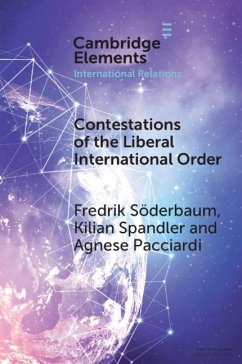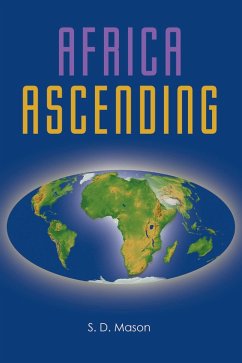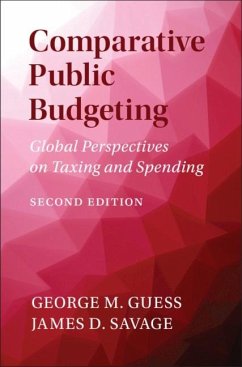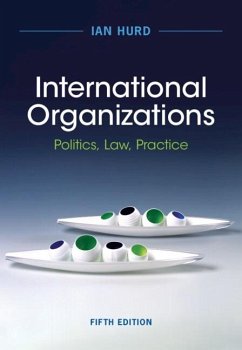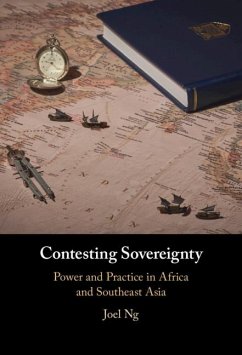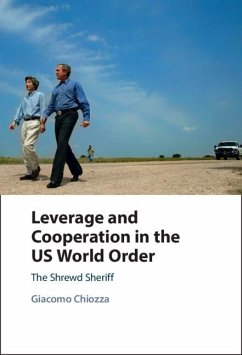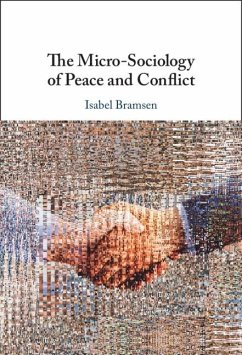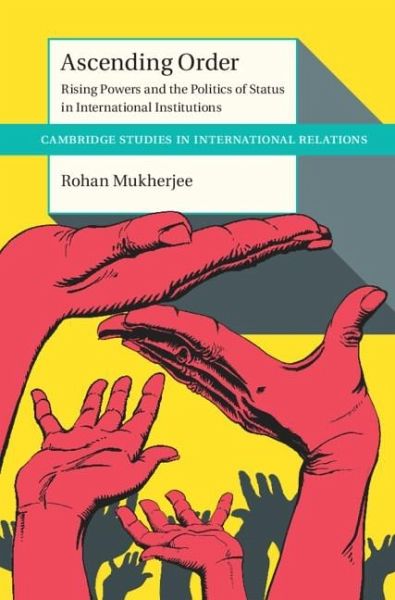
Ascending Order (eBook, ePUB)
Rising Powers and the Politics of Status in International Institutions
Versandkostenfrei!
Sofort per Download lieferbar
54,95 €
inkl. MwSt.
Weitere Ausgaben:

PAYBACK Punkte
27 °P sammeln!
Why do rising powers sometimes challenge an international order that enables their growth, and at other times support an order that constrains them? Ascending Order offers the first comprehensive study of conflict and cooperation as new powers join the global arena. International institutions shape the choices of rising states as they pursue equal status with established powers. Open membership rules and fair decision-making procedures facilitate equality and cooperation, while exclusion and unfairness frequently produce conflict. Using original and robust archival evidence, the book examines ...
Why do rising powers sometimes challenge an international order that enables their growth, and at other times support an order that constrains them? Ascending Order offers the first comprehensive study of conflict and cooperation as new powers join the global arena. International institutions shape the choices of rising states as they pursue equal status with established powers. Open membership rules and fair decision-making procedures facilitate equality and cooperation, while exclusion and unfairness frequently produce conflict. Using original and robust archival evidence, the book examines these dynamics in three cases: the United States and the maritime laws of war in the mid-nineteenth century; Japan and naval arms control in the interwar period; and India and nuclear non-proliferation in the Cold War. This study shows that the future of contemporary international order depends on the ability of international institutions to address the status ambitions of rising powers such as China and India.
Dieser Download kann aus rechtlichen Gründen nur mit Rechnungsadresse in A, B, BG, CY, CZ, D, DK, EW, E, FIN, F, GR, HR, H, IRL, I, LT, L, LR, M, NL, PL, P, R, S, SLO, SK ausgeliefert werden.





